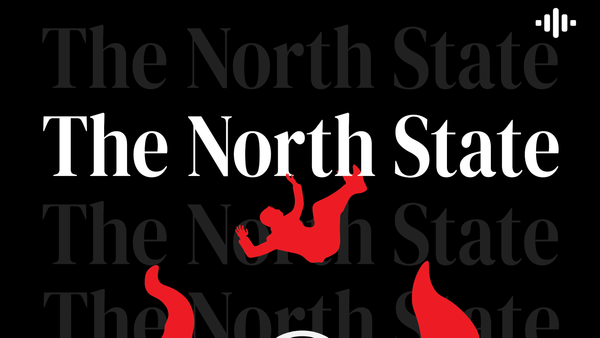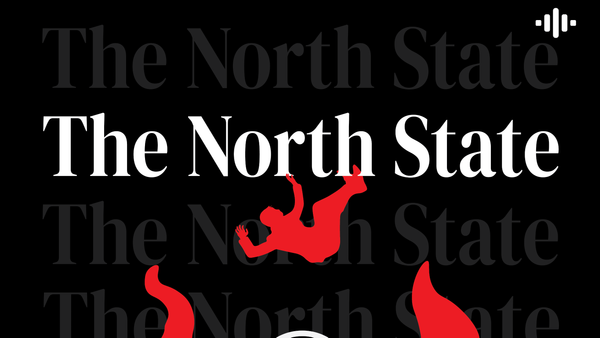An Autopsy of the "CBC is Government-Funded Media" Discourse
Now that the conversation has died down, let's take a look at the nonsense
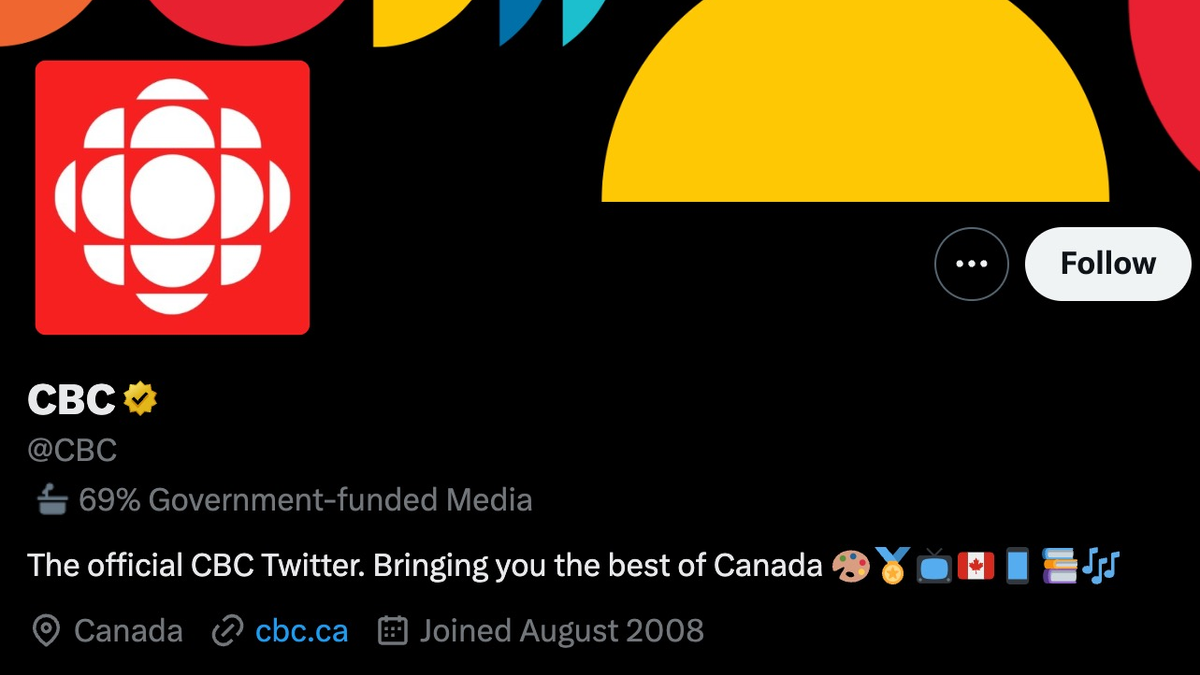
I try pretty hard to not make The Catch another entry in the endless content-farm industry that boils down to “what happened on Twitter this week.” My belief is that any platform, medium, service etc. that relies on another website for content is inevitably doomed or, at the very least, uncreative and unimaginative. I find a lot of people in media bottle the topic du jour on Twitter then push it out to those who may not be as terminally online as them. Though I often pull from articles that I’ve seen on multiple apps, I try not to make the analysis itself rely on the back-and-forth surrounding them. Though stray references may arise, I haven’t written an article about Twitter since November of last year.
But unfortunately we live in a cartoon world. Here the discourse surrounding free speech, public broadcasters, and editorial independence is being decided by a divorced Boer who quotes rage comics in board meetings. The lamest, most juvenile approach possible is the only one we’re allowed to have lately. Huzzah.
In the interest of time (and my dwindling sanity), I will skip over the discourse around NPR’s labeling of “government-funded media” and the hissy fit they threw. In short, NPR’s claim that they receive less than 1 per cent of their funding through the government is misleading at best. But in terms of critique, most of what applies to the CBC situation also applies to NPR, or the BBC, or Australia’s ABC, or any public news service that receives funding through government initiatives.
A quick, exhausting run-down
In a truly stunning display of online pandering, Conservative Party leader Pierre Poilievre asked Elon Musk to label the CBC as government-funded media on April 11. He made the request via tweet, like a normal person, attached with a letter he sent to Twitter. This letter included a signature and url links, in an even more normal fashion.
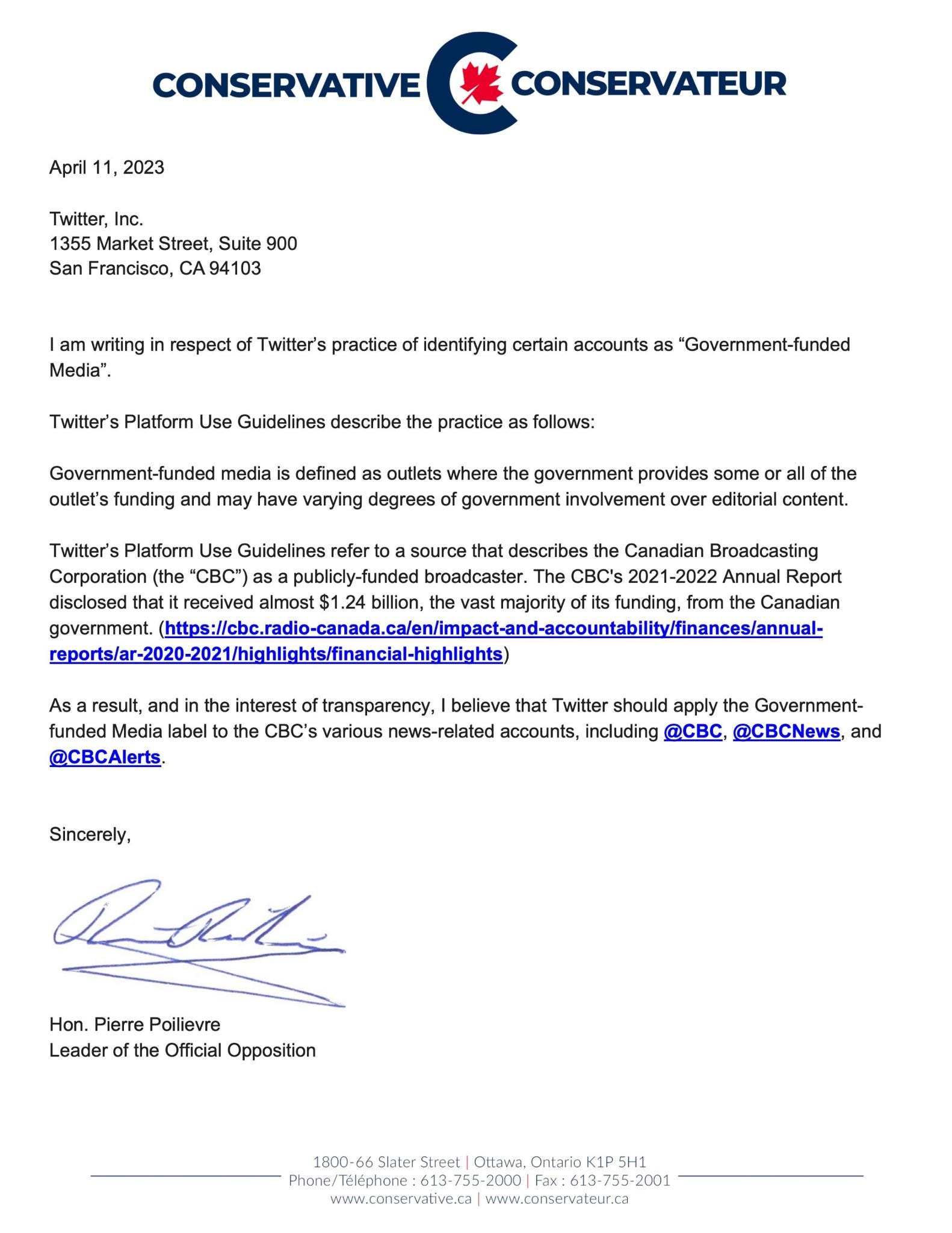
The CBC responded to Poilievre’s claim that they may have “varying degrees of government involvement over editorial content,” by citing the Broadcast Act and its enshrinement of editorial independence in law. I responded by slamming my head into a wall until the thoughts stopped.
Twitter and Musk then partially granted Poilievre’s request and @CBC was labelled with “government-funded media.” All attempts to contact Twitter for comment on this were responded to with a poop emoji. You know, that joke in the Emoji Movie that literally nobody liked from six years ago? It’s funny because shit smells bad. The jokes write themselves!
After that, the CBC announced they would pause their Twitter usage in protest of the label. Musk, who is totally cool and normal, applied the label “70% government-funded” to the account to reflect “accuracy”. He then updated it to “69%.”
The sex number.
THE SEX NUMBER.
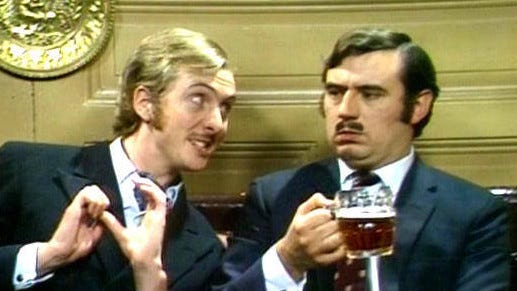
Then, after I got back from picking up my split sides from both Vancouver and St. John’s, Twitter removed all the “government-funded media” labels with no explanation. CBC, for its part, will be staying off of Twitter for the forseeable future.
This entire ordeal kicked off an unprecedented number of think pieces. Brian Lilley, live-in partner of a Doug Ford employee, chimed in agreement that the CBC was “fully left leaning.” Former CBC employees told us that there were “zero” times that their work faced interference from the government in any form. The pontificating was endless. Meanwhile, every leftist who had read any material analysis of the news media industry rubbed their temples into oblivion.
So what was all that then?
It will be useful to refer to cogent and material critiques of news media in the capitalist context. Michael Parenti’s Inventing Reality delves deep into the subject of editorial independence. The lack of editorial intervention is indeed one of the tools used to feign objectivity. I will quote Parenti writing on “Conditional Autonomy and Self-Censorship.”
The anticipation that superiors might disapprove of this or that story is usually enough to discourage a reporter from writing it, or an editor from assigning it. Many of the limitations placed on reporting come not from direct censorship but from self-censorship, from journalists who design their stories so as to anticipate complaints from superiors. This anticipatory avoidance makes direct intervention by owners a less frequent necessity and leaves the journalist with a greater feeling of autonomy than might be justified by the actual power relationship. (Emphasis in original, p. 36)
In this regard, Parenti is specifically talking about privately-owned news organizations, but it could equally be said of the CBC. Their reporting is biased. Their internal policy clearly states “There is no modern country of Palestine,” so they never use the word Palestine in their reporting. Certain reporters were told they can’t cover Israel-Palestine after demanding fairer coverage. They published white supremacist propaganda in coverage of Cuba. They do not need the government to interfere to reflect their policy. They tow the state’s line. The lack of editorial intervention is not proof of objectivity, it’s proof that their reporting aligns with the ideological outlook of the Canadian state.
This is not to say that Musk, Poilievre, Lilly, or any other right-wing critic is correct in their methodology. Their belief is that “publicly funded equals bad and leftist.” This is an asinine assertion that only makes sense if you believe what rich people tell you. The reporting of the CBC does not contradict the Conservative ideology either. The hostility towards rival governments and their complicity with allies is a shared capitalist outlook of both conservatives and liberals. Coverage of political entities or individuals in a negative light within Canada operates from the ideological position that they have failed to uphold the morality of their post within capitalism.
This discourse also necessarily plays into the foreign policy narrative against rival countries and their publicly funded news media. Outlets with ties to their governments which oppose the US and its allies like RT, The Global Times, Telesur, and countless others are labelled as “state-affiliated media” to discount their reporting.
The narrative of editorial independence is used to justify negativity towards these foreign outlets and their reporting. Yet, when applied to our news media, it’s an unreasonable measure. Of course there will be biases, errors and an ideological framework in the foreign news organizations, but to pretend that ours are fundamentally different without any critical examination is short-sighted and ideological. This approach also has an unspoken assumption in that Canadian private news industries, who also receive government funding, are assumed to be at the height of objectivity. This couldn’t be further from the truth.
There is nothing inherently wrong with tthe concept of a publicly funded news media. It provides avenues for reporting on subjects which may not please private owners or advertisers, who have a bigger control on editorial directions in private news media. This is a benefit. But the issue of the actual biases perpetuated by a nation’s media is shuttered by condemning the nature of its make-up. This certainly plays a factor, but for the right-wing, this is where the conversation ends. Any discussion and analysis of the outcomes from this funding is absent.
What’s been largely unmentioned in this entire debacle is the change in Canada’s politics since Poilievre’s letter. We have the leader of the Conservative Party asking a wealthy oligarch based in the US to interfere in the political climate of our country. Where is the outrage? Where are the demands for a public inquiry? A private corporation has publicly shifted conversations around Canadian issues at the behest of our governmental opposition. All outrage is instead reserved for dubious claims of yellow-scare redbaiting, apparently.
Though the debate on the CBC’s funding will continue right up until this country inevitably switches to the Conservative Party in a federal election, this particular chapter in the debate has been endlessly frustrating. A right-wing populist looking to score points with his increasingly online base has appealed to another right-wing populist who thinks 69 is the pinnacle of humour. To put it another, less charitable, way, this entire discourse has been plagued by toddlers wielding diaper-filled megaphones. I hope the climate in Canadian news media is never again addressed in such a childish and annoying way. Unfortunately, it seems like we’re doomed to live this pathetic cycle until the heat death of the fucking universe.


